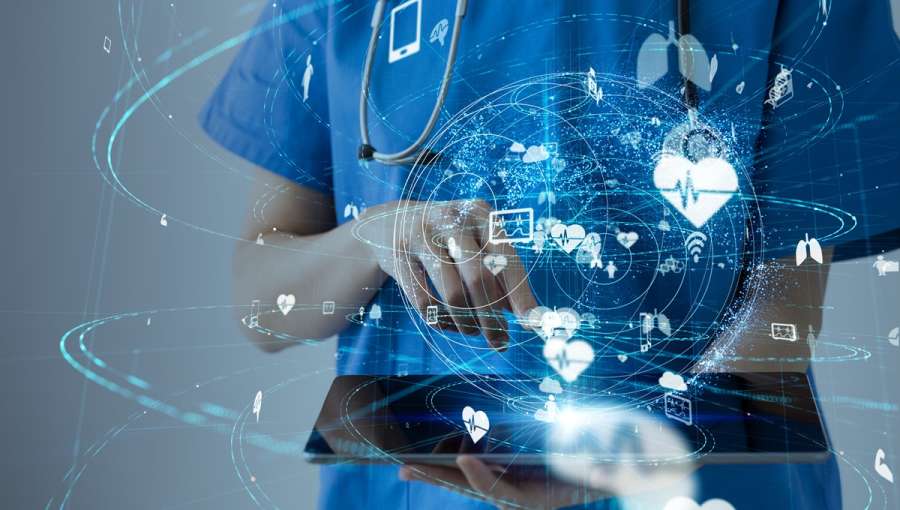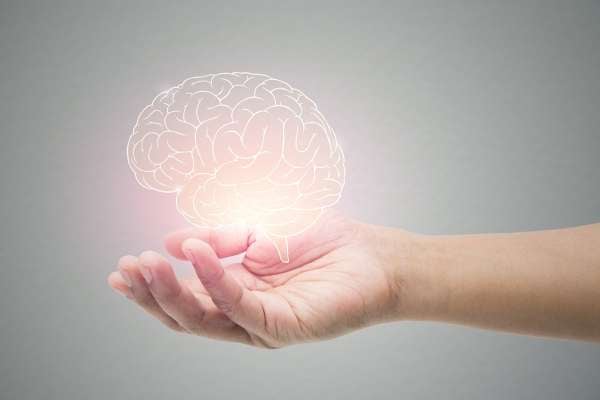The risks to mental health posed by our use of smartphones, social media, and similar tech-related aspects of modern life are well-reported.
At the same time, many organisations are already providing or developing tools which use technology to support and promote mental health and wellbeing, ranging from meditation apps to AI-powered online counselling.
And as individuals and businesses become increasingly aware of the importance of mental health, the prevalence of such tech solutions is set to grow.
The government is conducting a three-year research project into such 'digital mental health technologies' (DMHT) and is considering the most appropriate model of regulation.
In this context, the Medicines and Healthcare Products Regulatory Agency (MHRA) recently published a report summarising the outcome of its latest phase of research into public awareness of DMHT.
The full text of the MHRA report is at Digital mental health technology: user and public perspectives - GOV.UK (www.gov.uk).
In this note, our life sciences and commercial team discuss the report's background, summarise some of its findings, and consider the potential implications for businesses operating in or considering entering this space.






